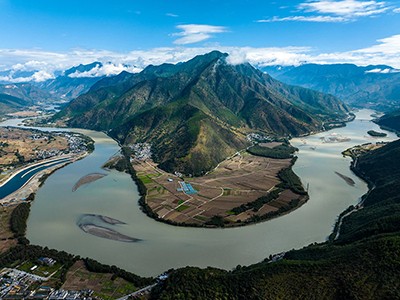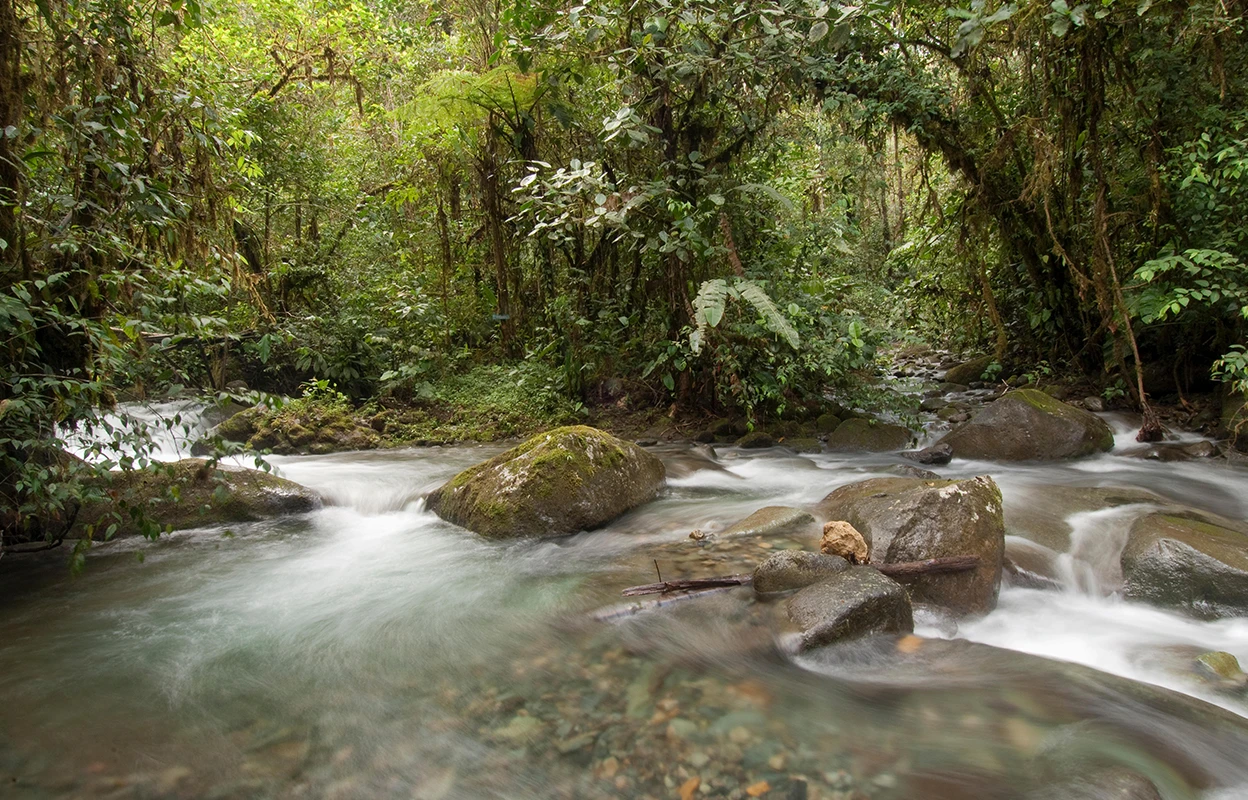Rivers are not just water channels. They are born, evolve, and eventually die — shaping landscapes, feeding ecosystems, and sustaining human life. Around the world, a debate is growing: should we treat rivers as living beings with rights of their own?

1. Why Rivers Are Like Living Beings
- Birth: Rivers begin in glaciers, springs, or rainfall.
- Life Cycle: They carve valleys, nourish soil, and support plants, animals, and humans.
- Death: Most rivers end by merging into oceans or lakes.
- Dual Nature: They provide food, water, and energy — but can also destroy through floods.
2. Global Moves to Recognize Rivers as Living
- New Zealand (2017): The Whanganui River was granted legal personhood, honoring the Māori belief that the river is an ancestor.
- India: Courts declared the Ganges and Yamuna rivers as “living entities” with rights.
- Colombia: The Atrato River was recognized as a legal subject of rights.
- Bangladesh: All rivers were given legal status to protect them from encroachment and pollution.
3. Why This Matters
- Environmental Protection: Viewing rivers as living forces could stop reckless pollution and over-extraction.
- Cultural Respect: Indigenous traditions already see rivers as sacred, not just resources.
- Legal Power: With rights, rivers can be represented in court — making it harder for industries to exploit them.
4. Challenges of Treating Rivers as Persons
- Practical Issues: Who speaks for the river in legal cases?
- Economic Needs: Societies depend on rivers for farming, transport, and hydropower.
- Conflicts: Legal recognition may clash with development projects.
5. The Urgency in the Face of Climate Change
- Droughts and Floods: Climate change is disrupting river systems worldwide.
- Pollution Crisis: Industrial waste, plastics, and sewage are choking major rivers.
- Survival Connection: As activists warn: “If rivers die, humans die too.”
Final Thought
Whether or not the law treats rivers as living beings, the idea carries weight. Rivers give us life — and if we respect them as more than resources, we may stand a better chance of protecting them, and ourselves, for the future.

Leave a Reply